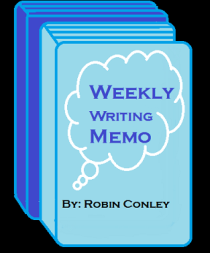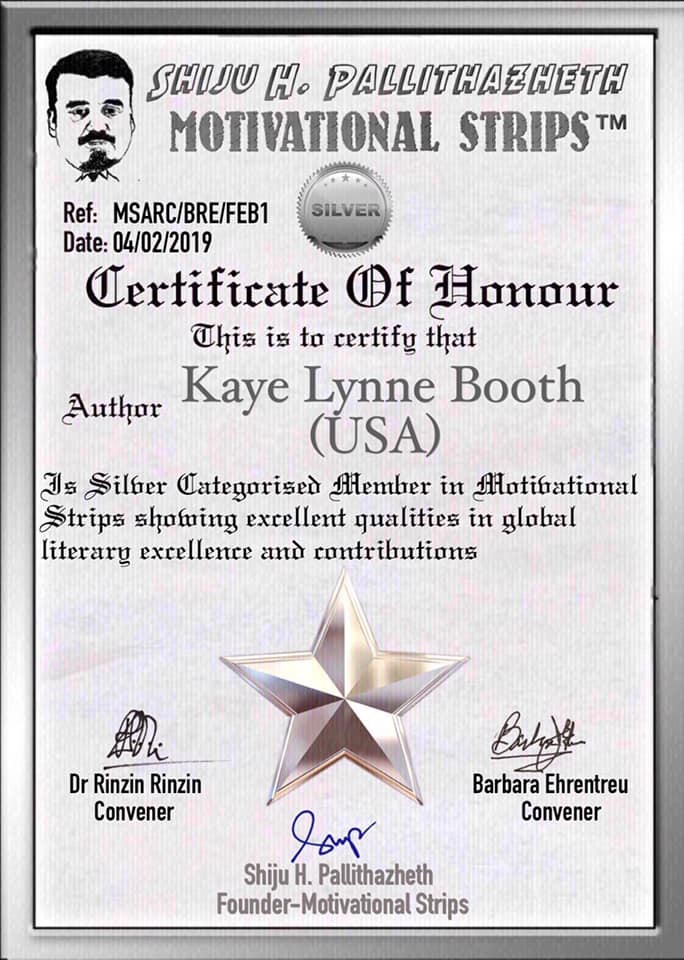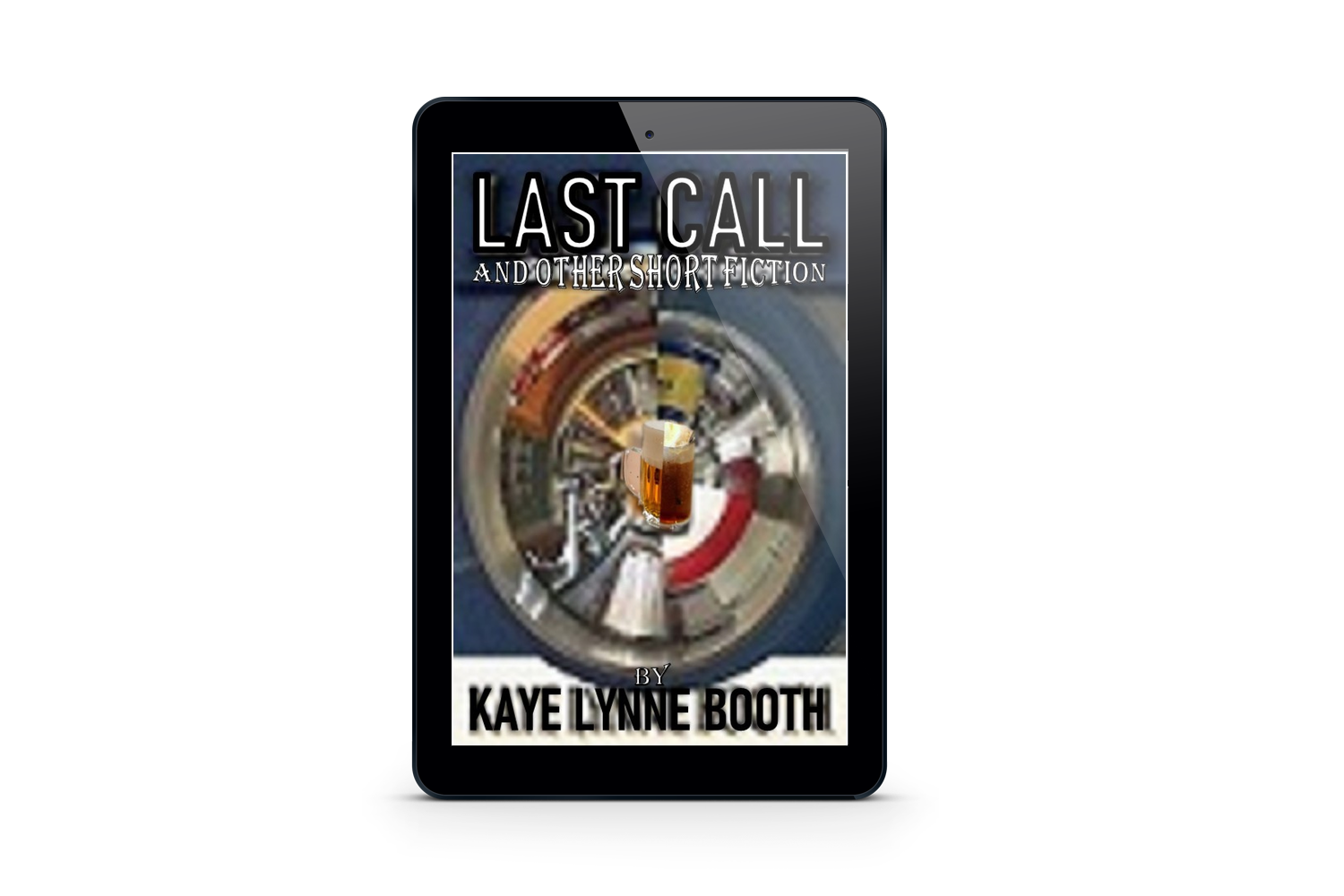Weekly Writing Memo: Using Feedback to Improve Your Story
Posted: February 11, 2016 | Author: Author the World | Filed under: Fiction, Stories, Uncategorized, Weekly Writing Memo, Writing, Writing Tips | Tags: Creative Fiction, Feedback, Fiction, Tips, Writing |3 Comments
In last week’s Weekly Writing Memo I discussed my method for giving feedback. This week, Kaye and I are teaming up to discuss what to do with feedback when you’re on the receiving end. We thought it’d be a great idea to do this one together so we could show two opinions for dealing with critiques.
As writers we tend to be very close to our writing and have trouble seeing it objectively; it’s important to get an outsider’s perspective to see how your writing is being read. That being said, hearing criticism of work you’ve put your heart into can be incredibly hard, but there are methods to dealing with it in a useful way.
What is your method for using a critique?
Robin: When I get a critique I basically have a four step process I go through.
- I read it start to finish. No stopping to vent or obsess, no tears, no anger. I just read. It’s important to take all the info in without letting yourself get too emotional about it. If you do get emotional, it’ll be harder to process whether the info is helpful.
- I walk away and let it sit. The initial response to feedback, especially bad feedback, can be overwhelming. Whatever emotions it brought up, I let them out for a bit and then give myself time to let them fade until I feel I can rationally return to the feedback and really look for the truth in it.
- Read it again, item by item, and consider, try, and analyze. Once I’ve cooled my heels some, I return to the notes and reread them, slowly this time going item-by-item. As I look at each comment, I HAVE to consider each item as being true. Then I look at my work and try to prove the feedback right or wrong. If I can’t prove it wrong in at least several ways, then there may be some partial truth, if not complete truth, to the critique. I do this extra for things I think are 100% wrong to make sure that I’m not just too close to the work.
- Use, refuse, revise, and ask questions. Finally, once I’ve considered everything, I go through and revise with what I want to use, and ignore what I’m “refusing”. I also will go back and ask the critic questions on any feedback I need clarity on once I’ve carefully considered it, that way I know what specifically I need to ask.
Kaye: I’m not nearly as methodical as Robin is. But then again, I’m kind of weird about my writing process. For starters, I ask for and await eagerly any feedback I can get. I look at any negative feedback as a window into things that can be improved, and there’s always room for improvement. Always.
So, my process goes more like this – I read through the whole thing, but I pull it up side-by-side with my manuscript, making changes to the original document as I go. If I come to a comment I don’t understand, don’t think I agree with, or I’m not quite sure what to do to fix it, I highlight the comment in the feedback, so I’ll know to go back to it later.
And I do go back to them, once I’ve done all the quick fixes I can. That’s when I take the time to ponder those I don’t understand or disagree with, and decide what I want to do about them. Some I work out clever ways to fix the problem, and some, I may not do anything about.
What do you do if you disagree with the feedback?
Robin: This one can be hard. If the feedback is something I think is completely wrong and I can’t understand it, then I ask questions. The important thing is to ask those questions in the least defensive, and least confrontational way possible. The person did you a favor giving you feedback, so don’t attack, ask for clarity.
For example, I’d ask: “Can you explain more about this specific comment and give me some examples of where you see that?” That way I can maybe get a better idea of what the critic is thinking, and where I need to be looking.
If the feedback is something I think will never be right, and I’m positive that I’ve considered it as many ways I can, then I ignore it. There really isn’t much else you can do. If you disagree, and you can’t see things from their perspective, then ultimately it’s your writing and you get to decide what feedback you use or don’t.
Kaye: I welcome feedback, but that doesn’t mean I agree with every comment I get. As writers, we often become attached to our creations, and sometimes it’s difficult to believe that others find flaw with our masterpieces. I’m no different. I pour my heart and soul into my writing. It’s not easy to separate myself from my work, but I think that’s what we have to do. Always remember that all criticism is about the writing and not the writer. We can’t take it personal, even though it may feel like our creations are a part of ourselves.
What do you use from the feedback?
Robin: I use feedback as a sounding board. I’m not looking for critiques to tell me HOW to fix it, I’m just looking for them to point me at what may or may not be wrong. In general, everyone who reads your work will probably have a different idea of how to fix something anyway, and many of the suggestions won’t be right for YOUR story because they’re suggestion how THEY would fix it. So I focus in on where the critique is pointing, or how they are interpreting things, and then I figure out how I would fix it in my own way.
For example, if someone says “This passage feels slow. I think it’s because this character is boring. I’d cut them.”
I would interpret that advice as meaning “something is wrong with this scene, it feels uninteresting.” Then I’d look at the scene and try to figure out where it goes wrong. Is the character really boring, or just inactive? Is the scene even necessary to the plot, or just filler? I look at the larger idea of the feedback, rather than the specifics. Sometimes I come to the same conclusion as the critique, and sometimes not.
Kaye: I believe there’s a grain of truth to everything. The trick is to pick it out. I always try to find those little granules when I disagree, because I’ve learned that most of the time, it’s there, and if I can find it and make appropriate changes, my story will be better for it. I choose my alpha readers carefully, and I’ve learned that their comments are usually pretty spot on.
Like Robin, I don’t always use their suggested fixes, but their comments let me know where I should be looking for something that’s off and then, I can determine for myself what it is that’s wrong and how I want to fix it. But again, my alpha readers often come up with some really good suggestions, and I use them whenever I can. Seldom do I totally discard a suggestion unless it’s obviously something the reader just doesn’t get. But if my reader isn’t getting it, then that tells me I’m doing something wrong or they would get it. Chances are, if my alpha reader doesn’t get it, my target audience won’t get it either.
What if you don’t know how to fix it?
Robin: A lot of times if someone gives me feedback that I don’t know how to fix, it’s because I don’t know what the real problem is. So, of course, I ask questions until I have a better understanding. Then I try to come up with a few possible solutions.
I will also sometimes talk with the critic about the changes I’m debating to get their perspective on whether it’ll fix things, or I’ll try the fix and then give it to someone else and see if I get the same critique. It’s really just a matter of trial and error if you can’t figure out a specific solution. After that, all you can do is take some time away from it and revise other things and hope when you come back with fresh eyes you’ll figure it out.
Kaye: It’s kind of funny, but I’ve learned a lot about fixing my fiction from my screenwriting classes. One thing I’ve learned is that if you can’t find a way to fix a problem, sometimes you have to look to see a change somewhere else in the writing that will fix the problem scene and make it all work. I guess you have to think outside the box, or beyond the page.
After looking at a problem from every angle, if I still can’t find a way to fix it, then I consult with the reader that pointed out the issue to see if they also have suggestions on how it might be fixed. If that doesn’t work, I can always throw it out to the members of my writers group and we can brainstorm it. Helpful suggestions seldom fail to materialize from these sessions.
Final Thoughts:
Kaye: To me, critiques are a writing tool, enlisting another set of eyes to see what I can’t because I’m too close to the work. When utilizing this tool, I try and take advantage of each and every comment that I can. After all, if I didn’t think they were intelligent and talented, I wouldn’t ask them to be my alpha readers. But the important thing to remember is not to take negative feedback personal, its about the writing, and being open to feedback is what makes your writing better.
Robin: Overall, the important thing for me when looking at critiques is to consider each element carefully and thoroughly. The whole point is to get an outsider’s perspective, so if I don’t consider it seriously, it’s a waste of everyone’s time. If I can fix what they see, I do, and if I can’t or think they’re wrong, I don’t. That being said, if multiple people say the same thing is wrong, then it’s most likely wrong and you need to do something about it, whether you like it or not.
Ultimately, remember the point of a critique is to tell you how your writing is being read, and whether the critic is wrong or right, someone somewhere will probably agree with them. So fix what you can, let go what you can’t, and do your best to be critical of your work no matter how much you love it.















[…] last week’s WWM we talked about how to use feedback to fix your story and the ways you can get the most from a critique. This week we’re focusing in on how to fix a […]
LikeLike
[…] eventually you will run into feedback on your work that you disagree with. As I said in my piece on receiving feedback, there’s nothing wrong with that and it’s to be expected. So how do you deal with feedback you […]
LikeLike
[…] writing tips in her Weekly Writing Memos covered a wide range of topics including critiquing, using feedback, ways to increase tension, Relatability or Likeability?, 3 Types of Plot, story research, what to […]
LikeLike